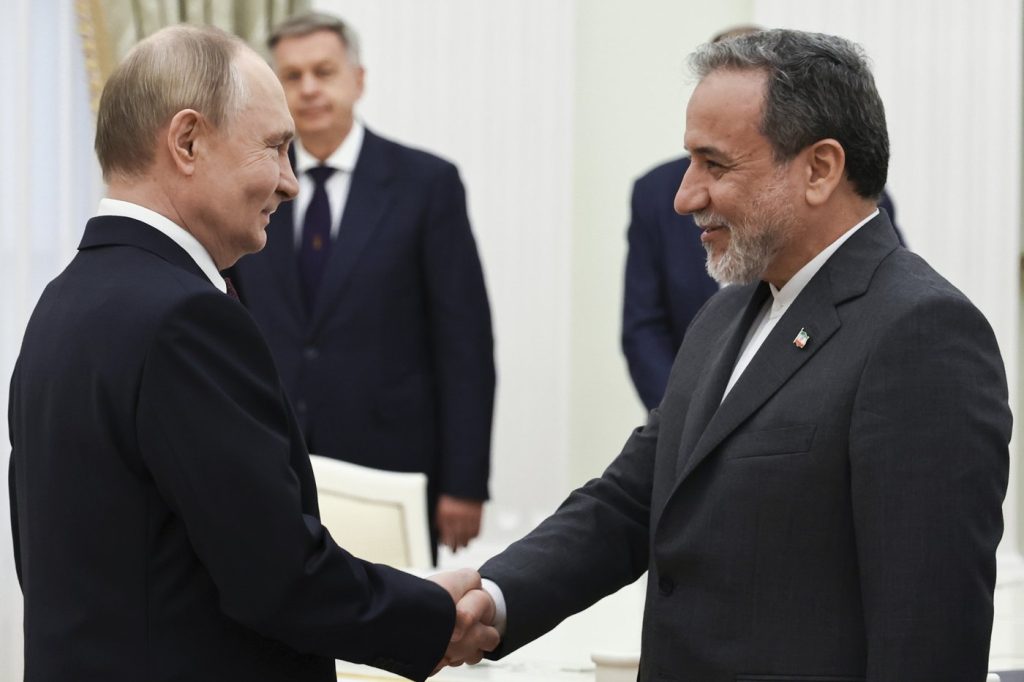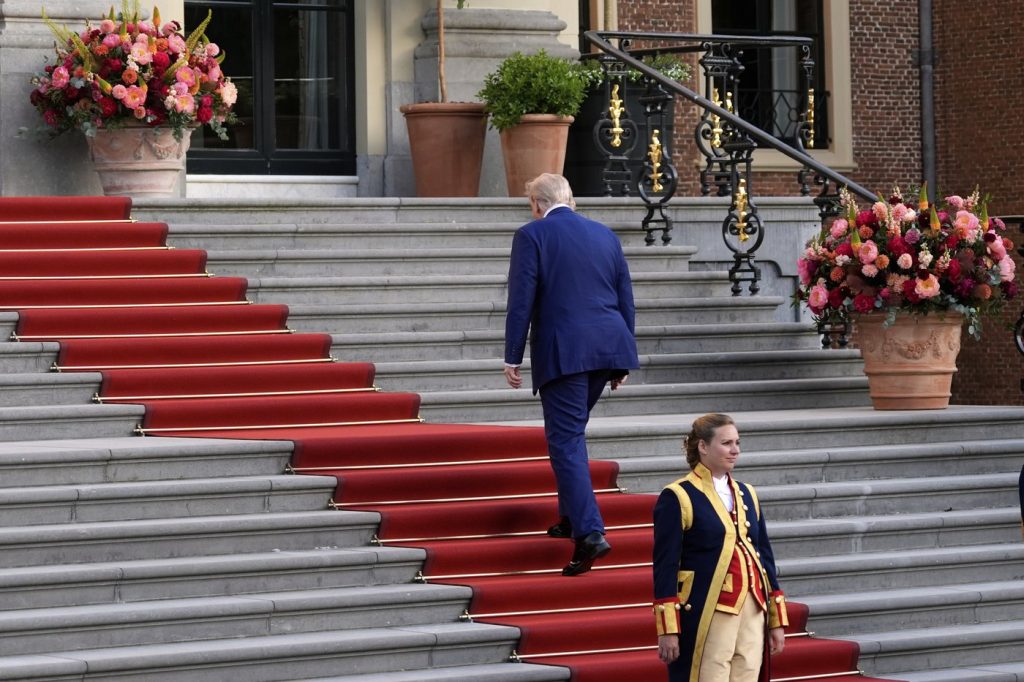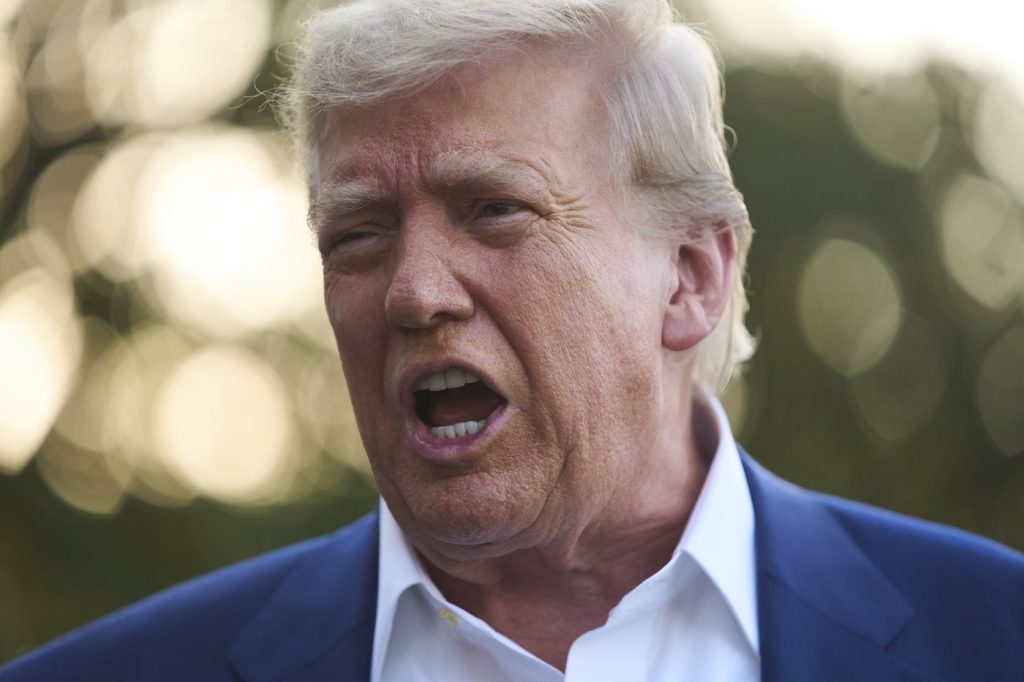Following recent attacks by the United States and Israel on Iran's nuclear sites, Russia has voiced strong condemnation, labeling the strikes as "unprovoked aggression" without justification. This rhetoric came from Moscow's U.N. ambassador and was echoed by President Vladimir Putin in a meeting with Iranian Foreign Minister Abbas Araghchi. Analysts, however, suggest that Russia's muted response, which lacked any indication of military assistance for Iran, reflects its waning influence in the Middle East.
The burgeoning relationship between Russia and Iran has deepened since the onset of Putin's full-scale invasion of Ukraine in 2022, particularly with Iran supplying Shahed drones to Moscow. In January 2025, the two nations signed a strategic partnership aimed at bolstering economic, political, and military ties. Nevertheless, as noted by Renad Mansour, a senior research fellow at Chatham House, the agreement has not formed a meaningful defense pact, leaving Iran disappointed with Russia's support amid the Israel-Iran conflict.
The Kremlin has pushed back against claims of neglecting Iran. Dmitry Peskov, a Kremlin spokesman, stated that Russia has provided substantial support and intends to further develop its relations with Tehran. However, there are significant limitations, particularly as Iran looks for defensive capabilities like air defense systems that Russia may be unable or unwilling to provide due to its own military needs in Ukraine. This situation poses a challenge for Iran, especially after Israel has systematically targeted Iranian military facilities.
Moreover, Russia is treading carefully as it balances its relationships in the region. While it seeks to maintain ties with Iran, it also values its relationship with Israel, especially considering their shared interests in Syria to avoid conflicts. Israel's neutral stance during the Ukraine war stems from its cautious approach to Russian relations, which are influenced by the large Jewish population in Russia.
In an environment of complex geopolitical dynamics, the ongoing war between Israel and Iran also offers Russia potential opportunities. The conflict may divert Western attention from the ongoing war in Ukraine, potentially easing Russia's military ambitions. Rising oil prices resulting from the conflict could provide much-needed financial support to Moscow as it grapples with its economic challenges.
Despite the challenges, Russia has positioned itself as a potential negotiator in the Iran-Israel war, although such ambitions have been complicated by President Trump's dismissive stance regarding Moscow's mediation role while the Ukraine conflict persists. Russian Foreign Minister Sergey Lavrov has expressed readiness to assist in settling the conflict but stopped short of claiming a mediating position.
Ksenia Svetlova, a former Israeli parliament member and associate fellow at Chatham House, highlighted Russia's diminishing leverage over Iran while also noting how Moscow’s resources have been stretched due to the Ukraine conflict. This situation raises questions about Russia's capacity to act effectively in the region, particularly after its failure to preserve Assad's regime in Syria. The implications of these dynamics could lead to a reevaluation of Russia's reliability as a partner for other regional players such as Egypt and Turkey.
As the Israel-Iran war unfolds, Russia's inability or unwillingness to provide robust support to Iran might challenge perceptions regarding its role and reliability in the Middle East, impacting its relations with various states moving forward.












